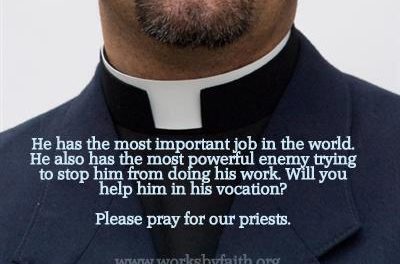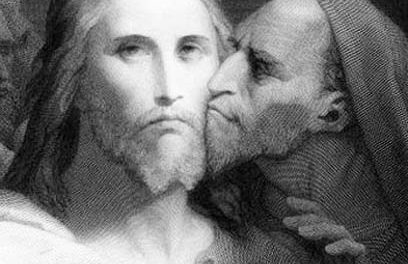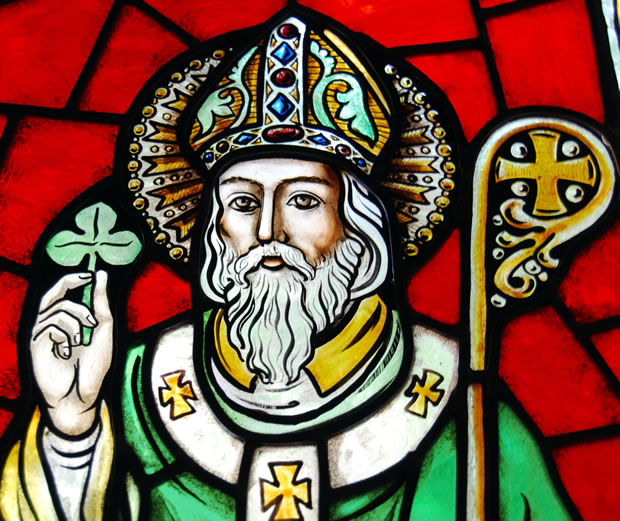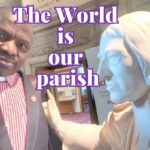Beyond the adage “prayer doesn’t change things, it changes us,” ‘an easy escape to explain away mind-bending puzzles about prayer and reconcile traditional Christian practice with contemporary rationality,’ the petitionary and intercessory prayers bring about real change. The church of today like the church of Luke’s day is experiencing persecution, redefinition through the secularisation of Christian practices and theology hence, disciples are finding it increasingly difficult to remain faithful. The Gospel reading from Luke 18: 1-8 continues to address the issues of faith in difficult times, and reassures the disciples that God hears their prayers. The Gospel reading invites us to be faithful churches (disciples) and maintain hope through the darkest of days. The reflection from the parable of the persistent widow ‘tells us that discipleship is not an easy road, but reminds us that God will vindicate faithful disciples.’
Widows as symbols of vulnerability resonates with our weaknesses as Christ’s disciples in the world’s estimation. The faith found in the persistent widow that Jesus is talking about is the faith in the truth of God’s Word and not in the denial of God’s Word by the judges and leaders of this temporal world. Beloved, do you know that, there is no faith without the truth of God’s Word holding final authority in our lives, churches, families and nations? Beloved, when Jesus look at the churches, families, and leaders in our nations, what does He see right now? Faltering or faith, errors or truth?
Some unquestionable facts about the parable of persistent widow suggests that, no nation will last for eternity, no local church will last for eternity, no leadership will last for eternity, and no sorrow or pain will last for eternity, JESUS IS COMING AGAIN! The assurance that JESUS IS COMING AGAIN invites us in the order of the persistent widow not to give up our plea, not to give up hope, and not to ‘be religious, church-going unbelievers who have given up expecting an answer, whose prayers are just going through the motions.’
Jesus’ question, “When the Son of Man comes, will he find faith on earth?” (v8), brings to our mind, what kind of faith is Jesus talking about? Yes, the faith found in the persistent widow. Persistent faith is built upon persistent prayer. Paul’s exhortation to “Pray in the Spirit at all times in every prayer and supplication” is “designed not just to make disciples feel better about the struggle in which they are engaged, but to help them win that struggle” (Eph 6:18). In an age and culture that is sceptical and unfaithful of Christian practices, it may be difficult to comprehend how intercessory and petitionary prayers of the righteous is powerful and effective (Jam 5:16). The parable of the persistent widow reminds us that ‘a sign of faith will be a willingness to persist in prayer, as we see in this widow who persists against all odds in her fight for justice against the powerful judge.’
Pope Francis description of widows as image of the church seeking to stay faithful to the Gospel, keeping her eyes fixed on Jesus is an eye opener for the church and its leadership. According to the Pope, the ‘widowed church can be faithful, trusting that her husband will return, or she can be unfaithful to her widowhood, a lukewarm, mediocre, worldly church seeking comfort in other things.’ However, the widows in the Gospel as an image of ‘widowed’ church praying and waiting for Jesus’ return ‘speak beautifully to us about Jesus and His Church.’ The parable of the persistent widow resonates with the heartbeat of widowed church who prays and intercedes for her children. Faithfulness brings fruitfulness and blessings whereas unfaithfulness brings death and decline (Ruth 1:16-17). The Church as the bride of Christ is called to pray and remain faithful leaving everything while waiting ‘for her Lord to return. If she does not have so much faith in the love of her Lord, then she tries to get by in other ways, seeking security in things that are more of this world than of God.’
The salvation of souls in relation to the ‘real-world’ effect of prayer is different from the contemporary inward stirrings of the soul and body. The answer to the parable’s question that reaches beyond the cross and the tomb and the resurrection into the future: “And yet, when the Son of Man comes, will he find faith on earth?” invites us to return to the Bible. In the Gospel, a number of people are commended for their faith and these recommendations provides us a good reflection to follow. The end of all things is at hand and the assurance that Jesus is Coming Again summons faithful widows, model churches and disciples to arise and pray, pray and keep praying as true followers of Jesus Christ. When the Son of Man comes, will he find faith in your church? When the Son of Man comes, will he find faith in your family? When the Son on Man comes, will he find faith in your heart?
Let us pray using the words of Pope Francis: “Let our souls say “Come Lord Jesus! Come!” And may we leave behind all those useless things which stop us from staying faithful.”











Recent Comments